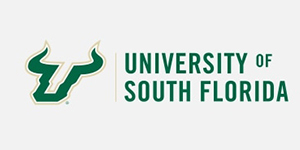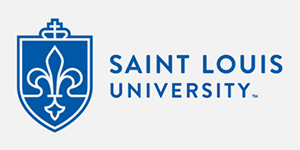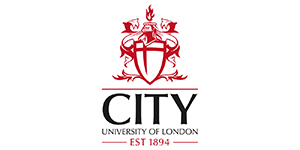Programme Type: Undergraduate
Course Overview
Political communication graduates work in political campaigns; run for elective office; cover politics as journalists; handle press relations for public officials or government agencies; analyze and evaluate policy proposals for government agencies, think tanks, and community foundations; and lobby government and policymakers on behalf of corporations, interest groups, and nonprofits.
If you can’t wait to see the next round of political ads, love to discuss the State of the Union speech, think you could eventually handle the media better than the current press secretary or simply want to improve the quality of political dialogue, then political communication is the major for you. Students in this concentration develop skills that allow them to effectively interpret and communicate information to both mass media professionals and other individuals involved in political and governmental processes. Critical thinking, public speaking, concise writing and good use of media are the core elements of this degree.
Political communication graduates are highly desirable, whether you want to be a political journalist, campaign manager, political consultant, speechwriter, make political ads or work on public diplomacy. Graduates of our program are now working on Capitol Hill as press secretaries to members of Congress, at major news networks, and throughout Louisiana politics and government. Additionally, the political communication concentration is one of the best pre-law programs in Louisiana. There is never a shortage of career opportunities for young people with skills in political communication.
The Manship School offers a unique learning environment with the Louisiana State Capitol just a few miles down the road. Whether state legislators come in as lecturers or students have one-on-one interactions with them, the Manship School provides its students a live, hands-on look at the political activity in the state.
Entry Requirement
International Freshman Requirements:
International students who have never attended a post-secondary education institution will apply as a freshman (first-year student), and must have the equivalent of a U.S. high school diploma with an academic average equivalent to a “B” (3.0 or better on the U.S. 4-point grading system).
The “academic average” is determined by averaging the grades of secondary school academic courses, excluding nonacademic courses such as physical education, vocational/technical courses, religion, art, music, etc.
Students must submit complete official records for the secondary level of education and are strongly encouraged to submit ACT or SAT scores. Students who have taken advanced-level exams, international baccalaureate higher-level exams, or other types of secondary education beyond the 12th year of schooling should submit the official certificates, transcripts, and course syllabi for possible advanced placement university credit.
International Transfer Student Requirements:
International students who have attended any post-secondary level college, university or institution must apply as transfer students. LSU requires the equivalent of a 3.0 (“B” average on the U.S. 4-point grading system) for all transferable credit from accredited international institutions. Applicants with less than the equivalent of 30 semester hours of transferable credit (approximately one year of full-time study) must also qualify for freshman admission.
Students must submit official transcripts from each post-secondary institution attended, listing courses taken and grades earned. Also required are the official course descriptions or syllabi to be evaluated for possible credit toward an LSU degree. Transfer credit is not given for English as a second language, non-English native language courses, or vocational/technical courses. For LSU to award transfer credit, the institution must be accredited or recognized by the Ministry of Education or equivalent government agency in that country, and be suitable for university-level credit.
Transfer Credit from U.S. Institutions:
International students who have attended a regionally accredited U.S. college or university must meet U.S. transfer requirements: an overall GPA of at least 2.50, and 30 semester hours of transferable credit, including a college-level course in English and mathematics. If less than 30 hours are earned, freshman requirements must also be met.
Transfer Credit from Both International & U.S. Institutions :
If credit is earned from both international and U.S. post-secondary accredited institutions, a 3.0 GPA is required from international institutions and a 2.5 GPA on all U.S. college work. Students who have less than a 3.0 GPA from international institutions may be admitted if:
- They meet the requirements for transfer from a U.S. accredited college or university (30 semester hours of credit above remedial, 2.50 GPA, math and English courses)
- They have an overall GPA of 2.50 or higher when the U.S. GPA is combined with an international GPA. In this case, courses passed with the equivalent of “C” or higher will be considered for transfer credit from accredited post-secondary international institutions
Fees
| Estimated Yearly Cost: 2020-21 | Louisiana Resident | Non-Louisiana Resident |
|---|---|---|
| Tuition & Fees | $11962 | $28639 |
| Housing | $7860 | $7860 |
| Meal Plan (12 Tiger Meals) | $4314 | $4314 |
| TOTAL | $24136 | $40813 |
This information was accurate on : 08/12/2020
Please contact us for more information about this courses









.jpg)


















.jpg)









.jpg)





















.jpg)




.jpg)

.jpg)





